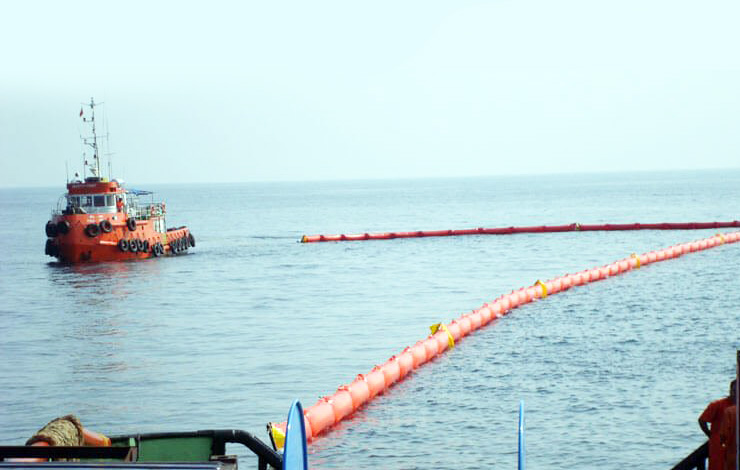The recent ruling handed down by a Guyana Court Judge regarding ExxonMobil Guyana’s insurance obligations for its operations offshore the South American country is engaging the attention of a number of stakeholders and experts in the oil and gas industry.
One expert – Elmer Danenberger, a former United States Department of Interior Engineer weighed in and described the ruling as one that would “trouble permittees in any industry.” Danenberger was a government consultant for the National Commission on the bp Deepwater Horizon Oil Spill – one of the worse marine oil spills in history. It was a bipartisan presidential commission tasked with providing recommendations on how the US can prevent and mitigate the impact of any future spills that result from offshore drilling.
In a May 10 column, Danenberger said, “Unlimited liability is a rather daunting and open-ended obligation. I am not aware of any country where companies are subject to unlimited liability for damages associated with spills from offshore facilities. Cleanup costs are another matter.”
He explained to OilNOW that oil spill damage assessments are not “entirely objective”, particularly with regard to long-term effects on the marine and coastal environment and indirect damages like lost wages, business losses, and recreation and tourism impacts.
“Few executives would be comfortable exposing their companies to such financial risks without any cap on the damage assessments,” he noted.
He explained to OilNOW that in the United States, the liability for oil spill cleanup costs is unlimited for offshore facilities, but there is a liability cap for the resulting damages.
“That cap is currently US$167.8 million after a recent inflation adjustment,” he said. It was increased to US$150 million, with an inflation adjustment factor after the blowout. Danenberger explained that in bp’s case, costs amounted to US$61.6 billion, paid both voluntarily and compulsorily as a result of agreements and settlements.
“Keep in mind that the damage liability limit was only US$75 million at the time. One can imagine what would happen if a company with less financial strength or more inclination to fight had been responsible for the spill,” he explained.
Exxon has maintained that it and its co-venturers have adequate and appropriate insurance, and proposed guarantees that exceed industry precedents and potential liability estimates. The company had said that it is also making progress toward agreeing to a financial guarantee that will exceed industry benchmarks.
Three lines of defense protect Guyana from liability if a spill occurs
The government has been negotiating with Exxon on a total guarantee of US$2 billion. The government disagreed with the Judge’s decision to rule in favour of necessitating an ‘unlimited’ guarantee, arguing that there is no such thing.
Appeals are currently before the court. The next hearing comes up on May 29.




